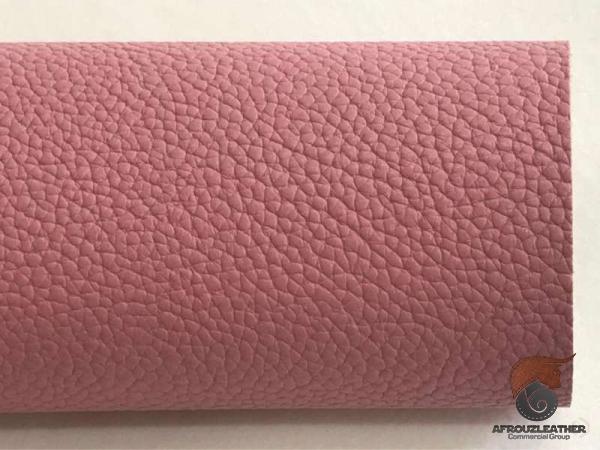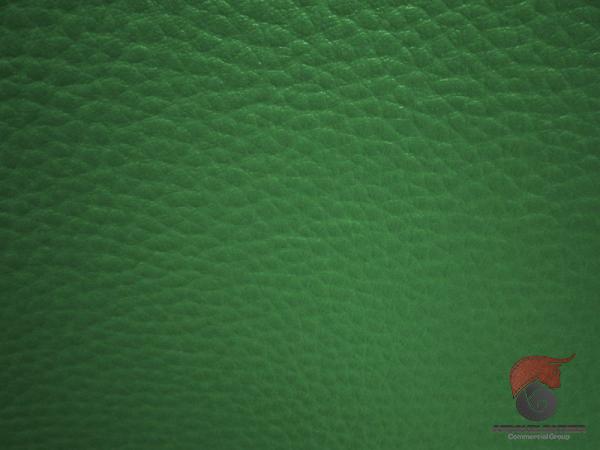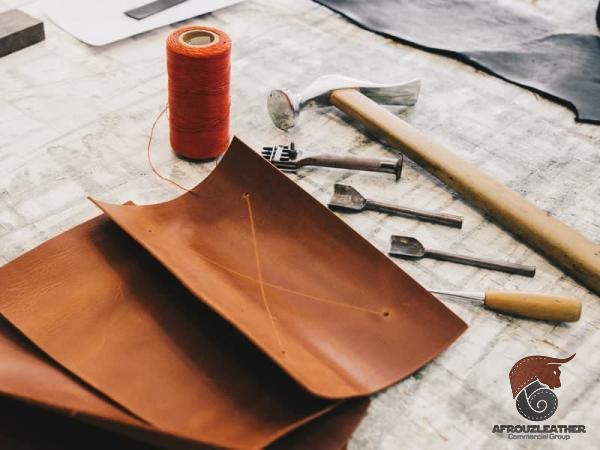The wholesale trade of raw genuine leather sheets in South Africa is a thriving industry that offers ample opportunities for both local and international businesses. South Africa’s abundant livestock population, renowned for its superior quality hides and skins, combined with its well-established tanneries, make it an attractive destination for leather manufacturers and traders alike. This article provides an overview of the raw genuine leather sheets wholesale market in South Africa, highlighting its key features, market dynamics, and potential growth avenues. 1. Rich Raw Material Base: South Africa boasts a significant livestock industry, with ample resources for high-quality leather production. The country’s diverse climate enables the rearing and breeding of various types of cattle, sheep, goats, and exotic species like ostriches. These animals produce top-grade hides and skins, coveted for their durability, grain patterns, and natural beauty. The availability of a large and diverse raw material base ensures a continuous supply of raw genuine leather sheets for wholesalers in South Africa. 2. Well-developed Tanning Industry: South Africa is home to a developed tanning industry that offers high-quality processing and finishing capabilities. Tanneries in the country employ advanced techniques and machinery to transform raw hides and skins into premium-grade leather products. The industry adheres to stringent international standards, ensuring consistent quality across the supply chain.
leather
 The presence of a well-established tanning industry further enhances the overall competitiveness of the wholesale leather market in South Africa. 3. Rising Demand and Exports: The demand for raw genuine leather sheets in South Africa is witnessing steady growth due to factors such as the increasing popularity of locally manufactured leather products, the expanding middle-class consumer base, and the rise in fashion-consciousness among consumers. Additionally, South Africa exports a significant portion of its leather production to international markets, contributing to the growth of the wholesale sector. Key export destinations for South African leather products include the United States, European Union countries, and China. 4. Competitive Pricing Advantage: The wholesale market for raw genuine leather sheets in South Africa benefits from competitive pricing. The country’s favorable exchange rates, low labor costs, and comparatively lower input costs in terms of raw materials and energy give it a competitive edge in the international market. This advantage allows wholesalers to offer attractive pricing to customers, making South African leather products more appealing and accessible in both domestic and global markets. 5. Product Diversity: South Africa’s wholesale market for raw genuine leather sheets offers a wide variety of products to cater to diverse customer preferences. Alongside traditional cowhide and sheepskin, the market includes exotic leather options, such as ostrich, crocodile, and snake skins. These exotic leathers are highly sought after for luxury fashion items, furniture upholstery, and interior design applications.
The presence of a well-established tanning industry further enhances the overall competitiveness of the wholesale leather market in South Africa. 3. Rising Demand and Exports: The demand for raw genuine leather sheets in South Africa is witnessing steady growth due to factors such as the increasing popularity of locally manufactured leather products, the expanding middle-class consumer base, and the rise in fashion-consciousness among consumers. Additionally, South Africa exports a significant portion of its leather production to international markets, contributing to the growth of the wholesale sector. Key export destinations for South African leather products include the United States, European Union countries, and China. 4. Competitive Pricing Advantage: The wholesale market for raw genuine leather sheets in South Africa benefits from competitive pricing. The country’s favorable exchange rates, low labor costs, and comparatively lower input costs in terms of raw materials and energy give it a competitive edge in the international market. This advantage allows wholesalers to offer attractive pricing to customers, making South African leather products more appealing and accessible in both domestic and global markets. 5. Product Diversity: South Africa’s wholesale market for raw genuine leather sheets offers a wide variety of products to cater to diverse customer preferences. Alongside traditional cowhide and sheepskin, the market includes exotic leather options, such as ostrich, crocodile, and snake skins. These exotic leathers are highly sought after for luxury fashion items, furniture upholstery, and interior design applications.
Specifications of leather
 The diversity of leather options available in South Africa makes it an attractive destination for wholesalers looking to offer a wide range of products. 6. B2B Opportunities: The raw genuine leather sheets wholesale market in South Africa thrives on strong business-to-business (B2B) interactions. Numerous trade fairs, exhibitions, and networking events provide a platform for wholesalers, manufacturers, and buyers to connect, exchange ideas, and form business partnerships. These events promote collaboration, enabling wholesalers to expand their customer base, establish long-term relationships, and explore new markets. 7. Government Support and Regulation: The South African government actively supports the leather industry through various initiatives aimed at promoting growth, innovation, and sustainability. The Department of Trade, Industry, and Competition plays a crucial role in providing financial incentives, training programs, and industry-specific regulations to facilitate the growth of the leather sector. These measures contribute to a favorable business environment, ensuring transparency, adherence to international standards, and the overall quality of products in the wholesale market.
The diversity of leather options available in South Africa makes it an attractive destination for wholesalers looking to offer a wide range of products. 6. B2B Opportunities: The raw genuine leather sheets wholesale market in South Africa thrives on strong business-to-business (B2B) interactions. Numerous trade fairs, exhibitions, and networking events provide a platform for wholesalers, manufacturers, and buyers to connect, exchange ideas, and form business partnerships. These events promote collaboration, enabling wholesalers to expand their customer base, establish long-term relationships, and explore new markets. 7. Government Support and Regulation: The South African government actively supports the leather industry through various initiatives aimed at promoting growth, innovation, and sustainability. The Department of Trade, Industry, and Competition plays a crucial role in providing financial incentives, training programs, and industry-specific regulations to facilitate the growth of the leather sector. These measures contribute to a favorable business environment, ensuring transparency, adherence to international standards, and the overall quality of products in the wholesale market.
buy leather
 8. Sustainable Practices: With an increasing focus on sustainability and ethical sourcing, South African wholesalers are adopting eco-friendly practices in the leather industry. Many tanneries and manufacturers have implemented measures to reduce water usage, switch to environmentally friendly chemicals, and ensure responsible waste disposal. These sustainable practices not only strengthen the reputation of South African leather products but also appeal to conscious consumers and eco-conscious brands. Conclusion: The wholesale market for raw genuine leather sheets in South Africa presents a lucrative and thriving business opportunity. South Africa’s abundant livestock resources, well-developed tanning industry, competitive pricing advantage, and government support contribute to the growth and attractiveness of this market sector. The diversity of leather options, rising demand, and emphasis on sustainable practices further enhance the market’s potential. For wholesalers looking to expand their operations and cater to a growing demand for high-quality leather products, South Africa offers a promising and vibrant business landscape.
8. Sustainable Practices: With an increasing focus on sustainability and ethical sourcing, South African wholesalers are adopting eco-friendly practices in the leather industry. Many tanneries and manufacturers have implemented measures to reduce water usage, switch to environmentally friendly chemicals, and ensure responsible waste disposal. These sustainable practices not only strengthen the reputation of South African leather products but also appeal to conscious consumers and eco-conscious brands. Conclusion: The wholesale market for raw genuine leather sheets in South Africa presents a lucrative and thriving business opportunity. South Africa’s abundant livestock resources, well-developed tanning industry, competitive pricing advantage, and government support contribute to the growth and attractiveness of this market sector. The diversity of leather options, rising demand, and emphasis on sustainable practices further enhance the market’s potential. For wholesalers looking to expand their operations and cater to a growing demand for high-quality leather products, South Africa offers a promising and vibrant business landscape.

Your comment submitted.